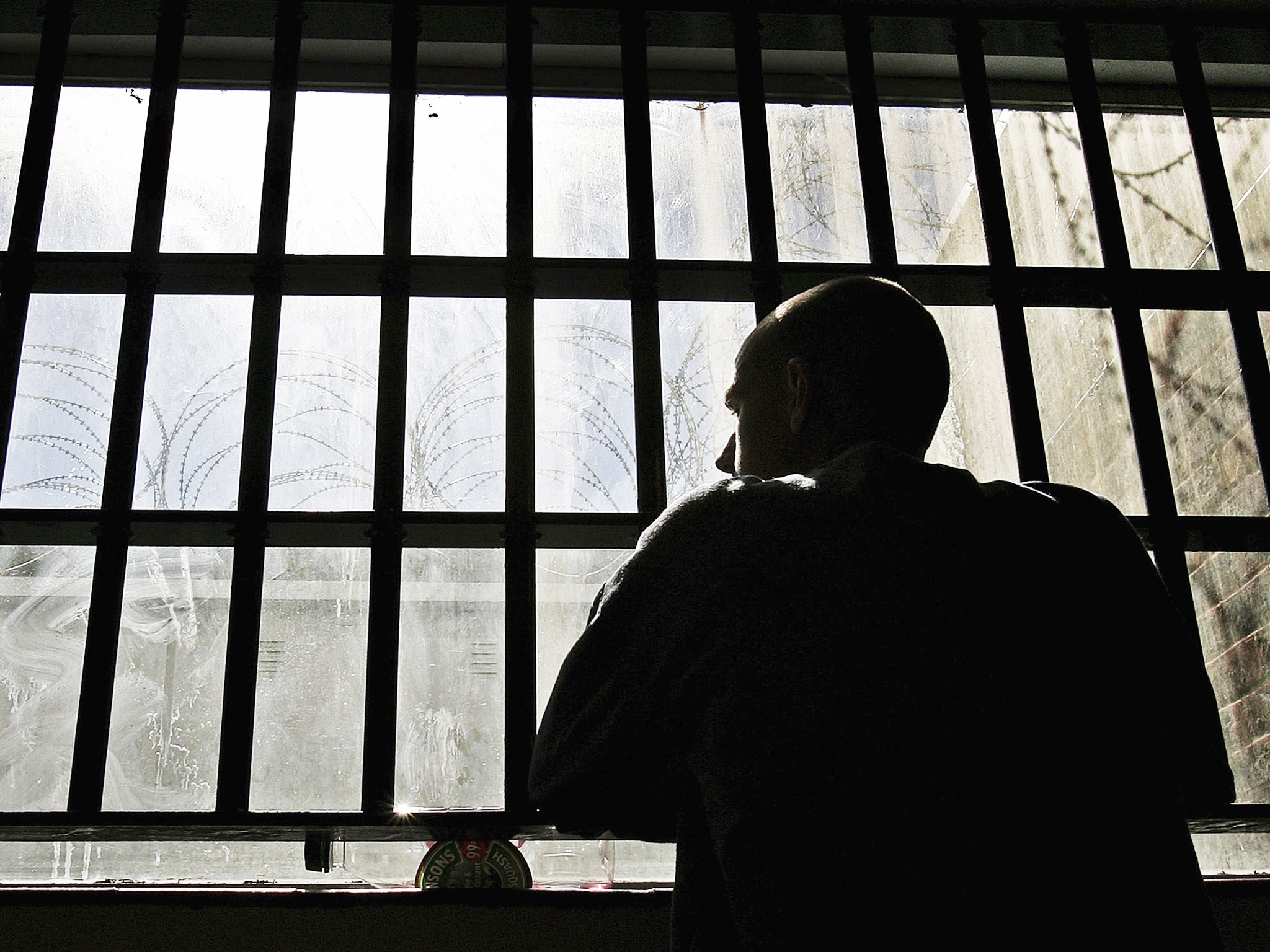Falls in reoffending rates undermine private probation service, campaigners claim
Tomorrow, 70 per cent of the service, representing all but the country’s most dangerous offenders, is formally handed over to the private sector

Falls in the reoffending rates of criminals released from jail have undermined the Government’s decision to privatise the probation service, campaigners have claimed.
Tomorrow, 70 per cent of the service, representing all but the country’s most dangerous offenders, is formally handed over to the private sector. Probation officers across the country have been enraged by the changes, which they claim has been both badly handled, with problems including serious IT failures, and should remain a state service.
They now also argue that it is unnecessary, following the release of Ministry of Justice statistics last week that seem to show the existing system was working. Between 2011 and 2013, the number of repeat offences was down 8 per cent to 421,050 and the number of reoffenders fell 11 per cent to 140,092.
The proportion of released criminals reoffending was down only 0.4 per cent to 26.1 per cent, though the figures showed this was 2.8 per cent lower than in 2002. But Justice secretary Chris Grayling remains convinced that greater private sector involvement will make probation a more effective service.
Frances Crook, the Howard League for Penal Reform’s chief executive, said: “These figures show that this system was working fairly well … The changes are more about ego.”
A spokeswoman for the Napo probation trade union added: “The government figures on re-offending rates are evidence that the probation service was working effectively prior to the government’s reforms.”
Justice minister Andrew Selous said that “reoffending rates remain stubbornly high” and “vital reforms will change that”.
Join our commenting forum
Join thought-provoking conversations, follow other Independent readers and see their replies
Comments
Bookmark popover
Removed from bookmarks